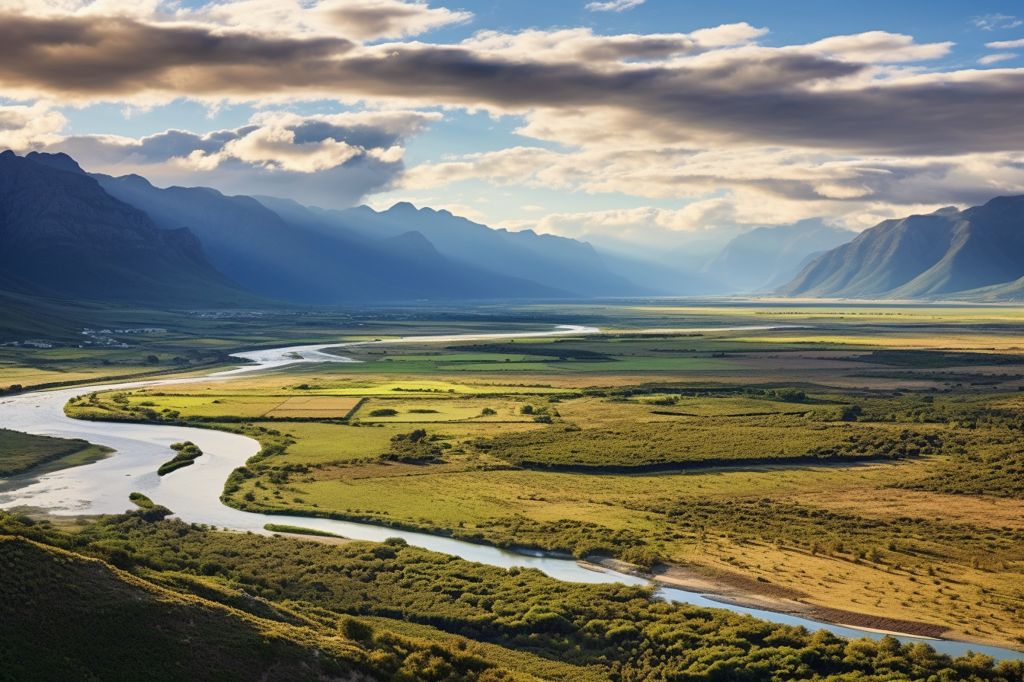Minister of Tourism Patricia De Lille recently met with stakeholders in the Overberg region of the Western Cape to address key issues and provide updates on the state of tourism. The meeting was aimed at boosting the recovery of the tourism industry and contributing to the Tourism Sector Recovery Plan.
Engaging with Stakeholders
During the meeting, Minister De Lille engaged with stakeholders to discuss their programs and informed them about the Department of Tourism’s initiatives to ensure inclusive growth within the sector. Tourism has been identified as a crucial intervention area in South Africa’s Economic Reconstruction and Recovery Plan.
The Significance of Tourism
Tourism is a vital economic instrument that supports and generates a multitude of direct and indirect jobs, linking numerous sectors to deliver an unparalleled South African experience to visitors. The Overberg region is a unique combination of natural and cultural assets, boasting pristine landscapes and seascapes, diverse fynbos vegetation, and an array of birdlife that attracts nature enthusiasts.
Meeting Attendees
The meeting attendees included representatives from multiple local tourism enterprises involved in various aspects of the value chain, as well as local government representatives.
Government Commitment
The meeting was held at the Caledon Town Hall on September 14, 2023, to demonstrate the government’s commitment to supporting the revitalization of tourism in the Overberg region. The media was encouraged to attend, with RSVPs requested through Zara Nicholson, a representative of the Department of Tourism.
Collaboration for Sustainable Recovery
Minister De Lille and her team’s efforts to engage with stakeholders in the Overberg region demonstrate the government’s dedication to fostering growth in the tourism sector. Such meetings are crucial for fine-tuning strategies and programs necessary to revitalize the tourism sector and achieve a sustainable recovery.
Potential for Growth
The Overberg region has the potential to play a significant role in this process due to its unique combination of natural and cultural assets.
Minister De Lille’s constructive dialogue with tourism stakeholders in the Overberg region marks a vital step toward realizing the objectives of the Tourism Sector Recovery Plan. Continued collaboration and support from the Department of Tourism and the South African government will ensure that the Overberg region becomes a shining example of sustainable tourism development.








